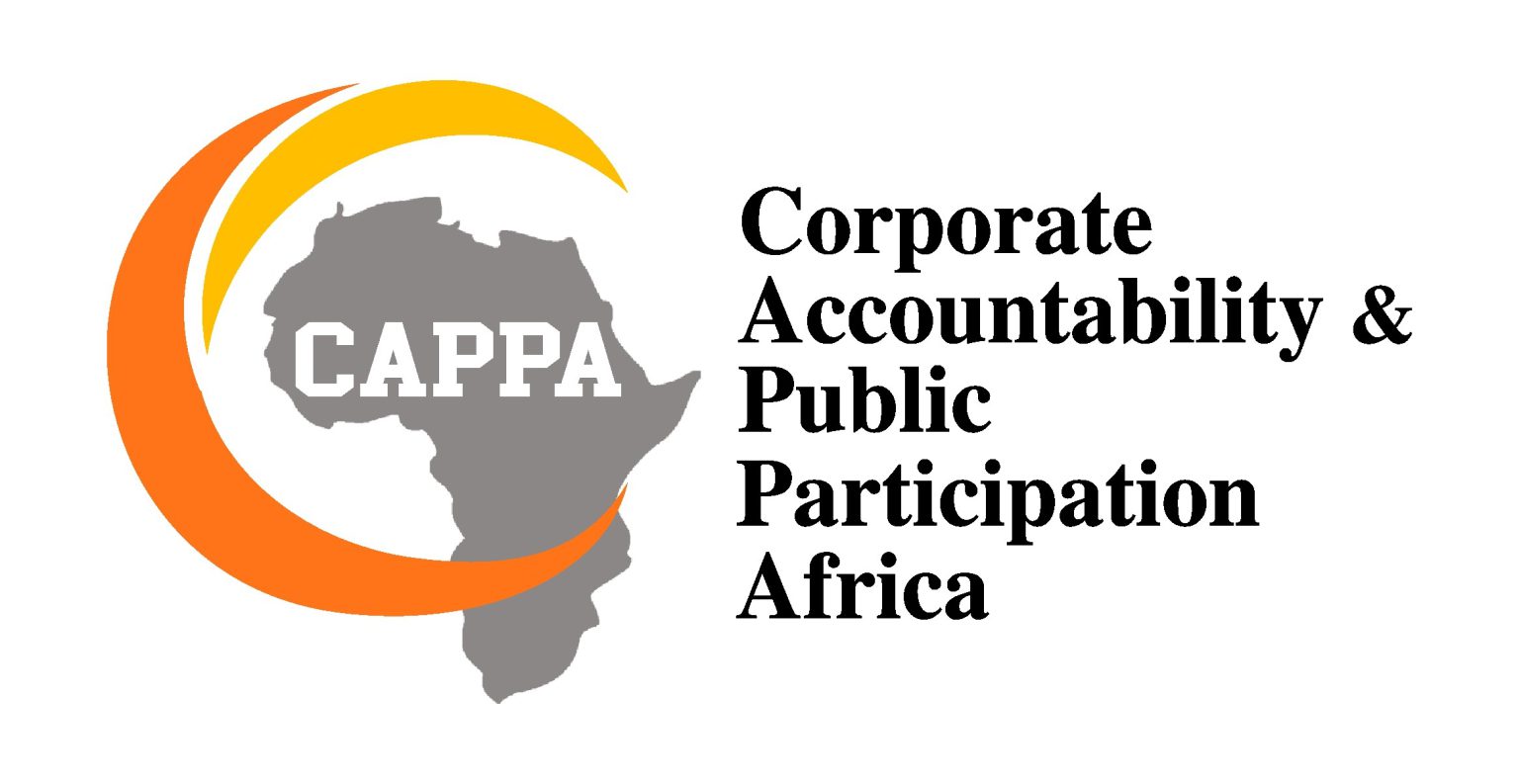By Esi-ife Arogundade
Corporate Accountability and Public Participation Africa (CAPPA) has emphasised the importance of the rule of law and democratic principles, by urging the media to take a stand in protecting the vital elements of governance.
The nongovernmental organisation gave the advice during a webinar series held on March 26, 2025, organised with support from the European Union Support to Democratic Governance in Nigeria (EU-SDGN) 11 initiative.
CAPPA’s Executive Director, Akinbode Oluwafemi, stated that “democratic values are being tested in civic spaces around the world.” He emphasized the importance of this issue, particularly for our country, given the concerning challenges facing democracy.
Oluwafemi, who was represented by Zikora Ibeh Assistant Director, CAPPA, noted that the media is the heartbeat of democracy and that ongoing conversations are essential to strengthen democratic institutions, especially electoral processes, in order to ensure transparency and protect rights.
The training themed “The Role of the Media in Democratization: Enhancing Civic Engagement and Public Participation, and Inclusive Governance”, was designed for journalists to investigate all democratic issues thoroughly.
Lanre Arogundade, the Executive Director of The International Press Centre, in his presentation, made a reference to the concerns over attempts to recall a female senator, by highlighting the broader implications for women’s representation in the National Assembly.
He emphasized that the ongoing political strife underscores a significant challenge for democracy, noting the importance of allowing public discourse and investigation into allegations without pre-emptive judgment or intimidation.
“If we are saying democratization, this is something that the media needs to stand up for,” one advocate stated, stressing the necessity for accountability and transparency.
Arogundade highlighted two key issues, which were, the validity of the allegations against the senator and the potential power dynamics at play concerning her position.
He insisted that any removal of elected representatives undermines the electorate’s right to know and their right to representation.
To reinforce these calls, he referenced several frameworks that can aid media in promoting good governance and accountability, including the 1999 Constitution, the African Charter of Democracy, Elections, and Governance, and various transparency legislations.
These tools create a mandate for the media to actively engage in civic engagement and inclusive governance. Remarkably, history was invoked to illustrate the essential role of the media in democracy.
A famous quote from former U.S. President Thomas Jefferson emphasized the media’s importance, suggesting he would prefer media without government over the reverse due to its potential to govern society.
Drawing parallels with traditional African societies, advocates noted the role of communication figures like the town crier, who ensured that information was disseminated to the public, engaging communities in dialogue and participation.
“The media must not forget the traditional model,” one speaker urged.
“Everyone should have a say. Public participation is crucial in a democracy, whether through advanced technologies or community gatherings.”
In his conclusion, he said “the media holds a profound responsibility in safeguarding democracy and fostering an environment where citizens can actively participate in governance and hold their representatives accountable”


